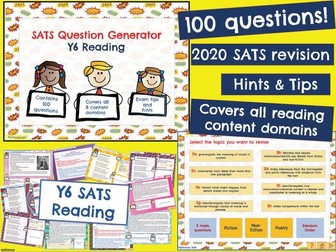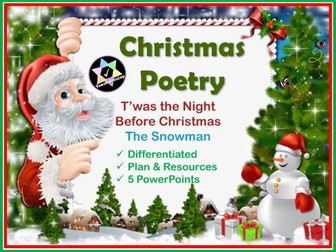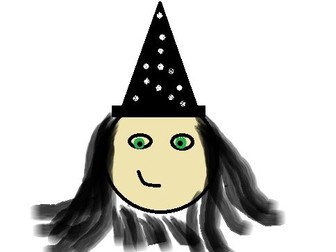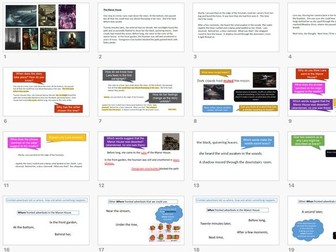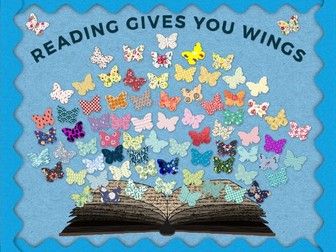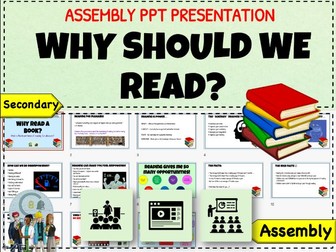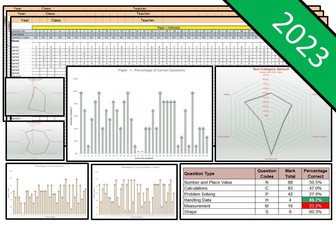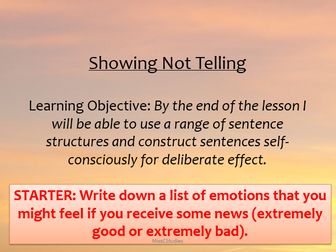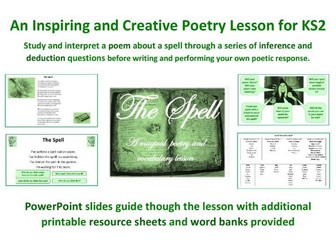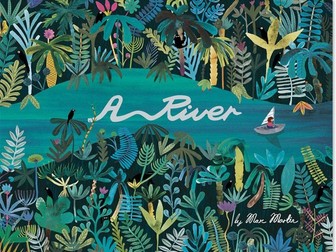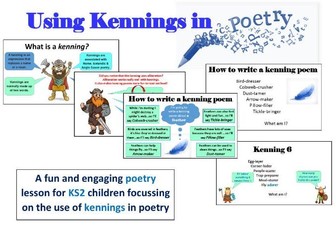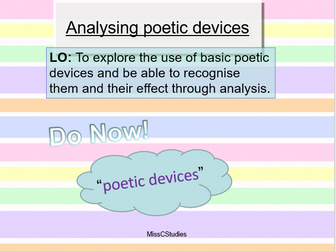
SATS Reading Revision
SATS 2020 - 100 reading questions organised by content domain, created for SATS revision. This is a popular revision tool for the Y6 Reading SATS test! The resource can be used all year round to help prepare pupils for the requirements of the 2020 KS2 test or as a last minute revision tool.
Get ready for the 2020 KS2 reading assessments with this SATS Question Generator! Covering all of the reading content domains, you can use this SATS revision resource to practise the different types of questions that might come up in the KS2 SATS paper.
Select one of the following modes:
- Choose a particular reading content domain to revise
- Practise those tricky 3-mark questions where pupils often lose marks
- Revise fiction/non-fiction/poetry questions
- Random mode, giving you a mixture of all types of questions
The SATs revision resource also includes handy hints and tips to help pupils in the test. Perfect for teachers to use as morning work, lesson starters or revision sessions or alternatively for pupils to practise independently at school or at home. Each slide contains a short passage in the style of the reading SATS papers and then a question to answer.
This is a must-have resource for Y6 pupils working towards their reading SATS tests!
You might also like our similar resource: Y6 SATS Question Generator: SPAG
#helpwithsats
